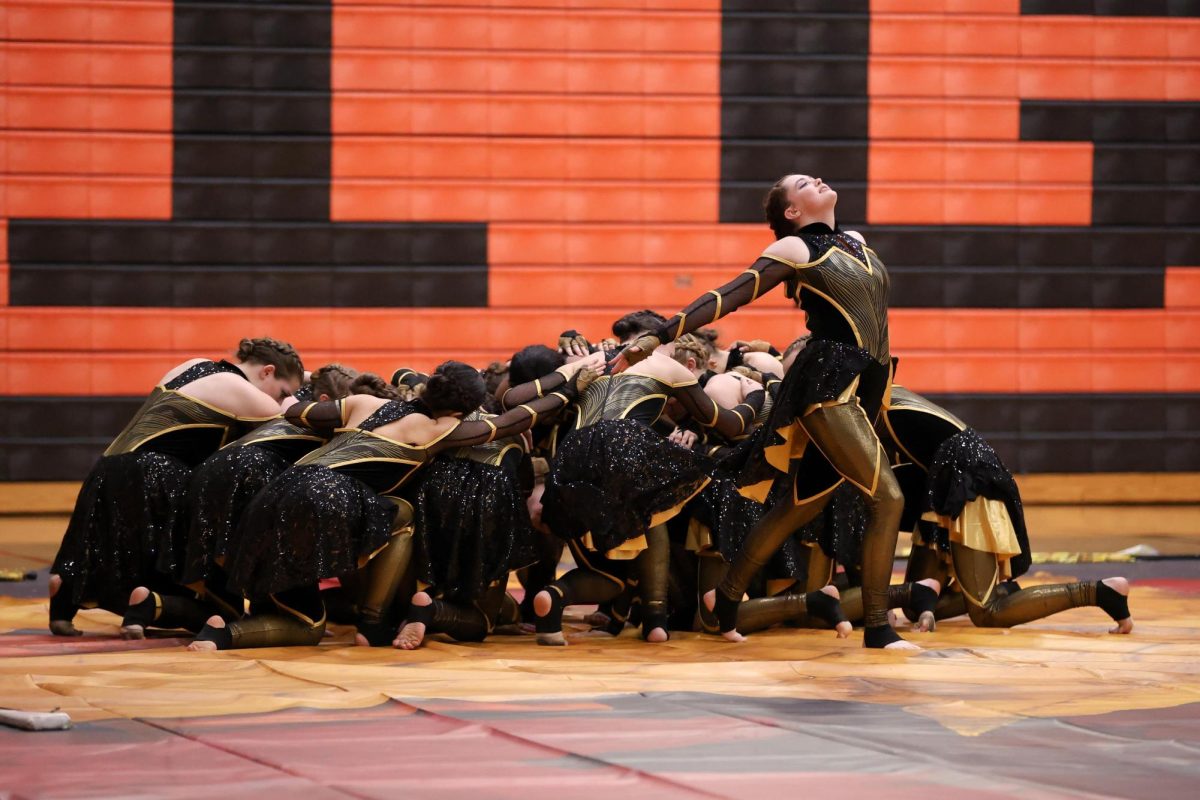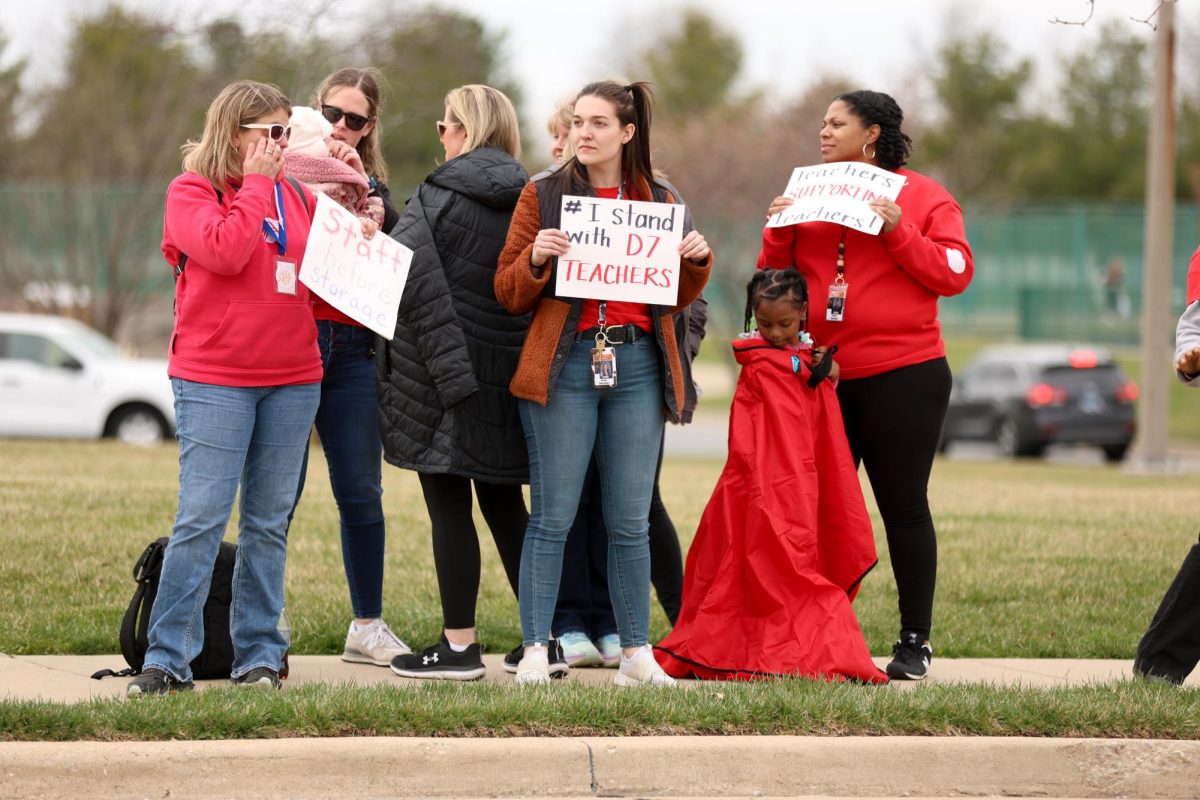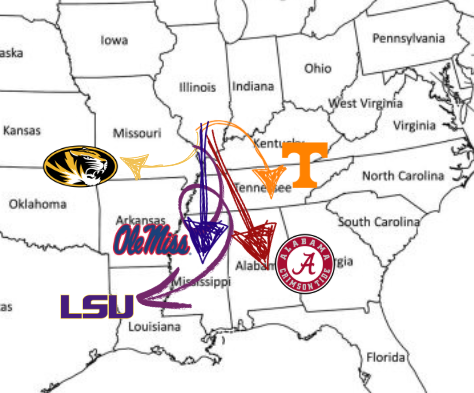Military Recruiters Don’t Deserve the Controversy
September 17, 2021
It was B lunch on Thursday when I made my way up to a folding table by the office, carrying my little cup of sipping soup in one hand and my phone in the other. A man in a white navy uniform greeted me from behind his small table of fliers and forms and free lanyards, then slid me a piece of paper with a survey. But I wasn’t there to discuss joining. I had an important question to answer: Should military recruiters be allowed in schools?
The two of us agreed that it was important for recruiters to be in schools (not that he’d dare say otherwise) because they can provide opportunities that many students are oblivious to.
A source of controversy is that military recruiters seem to frequent low-income areas. According to Foreign Policy in Focus, a Connecticut study found that recruiters visit low-income schools 10 times more than wealthy ones. “Recruiters deliberately exploit the financial and social insecurities of teenagers to enlist more soldiers,” it wrote.
What people upset over this don’t realize is why: the army can provide full tuition to state schools and up to $25,000 for foreign or private institutions, a helpful boost for students who may not otherwise have the funds to go to college.
‘But what’s the cost?’, many students may wonder. And it is hard to blame them. Everything they hear about the military is a bit deterring, from dramatic shoot-outs in movie scenes to body counts in history class and news stories about the latest mishap. However, according to NPR, only about 10% of all personnel ever find themselves face-to-face with the enemy– and they’re more likely to be experienced members of the infamous green berets or SEALs than the average high school recruit.
But 100% of military recruits have tuition aid available. This isn’t to say that everyone should join the military straight out of high school, but it is to show the importance of having military recruiters in schools. Thanks to them, a straight-B student who doesn’t have good enough grades for academic scholarships or enough financial support to pay for college can still get an education.
These recruiters are not in our schools to force students into the military; they are just here to help us. As the recruiter I spoke to on Thursday said, “I’m here to educate students about things they’ve never considered before. Like, the Navy offers free education. Through tuition assistance, the GI Bill, you can travel around the world, get free dental and medical benefits.”
So why would we be calling for recruiters to not be allowed in schools? If we can properly educate ourselves on the opportunities the military provides, maybe we can learn to truly appreciate the recruiters’ presence.











